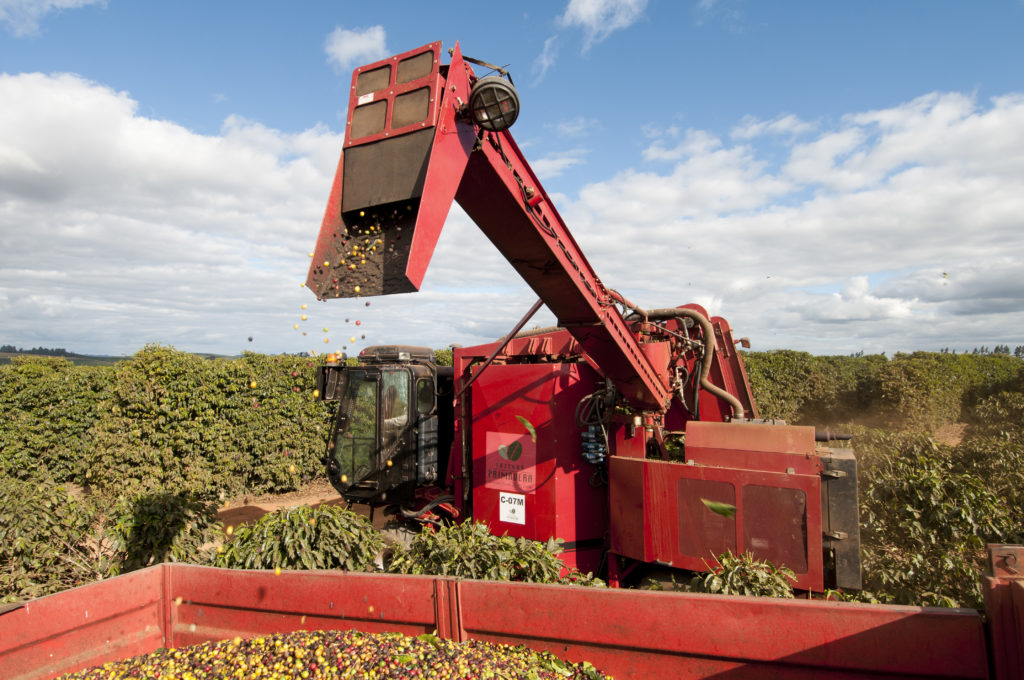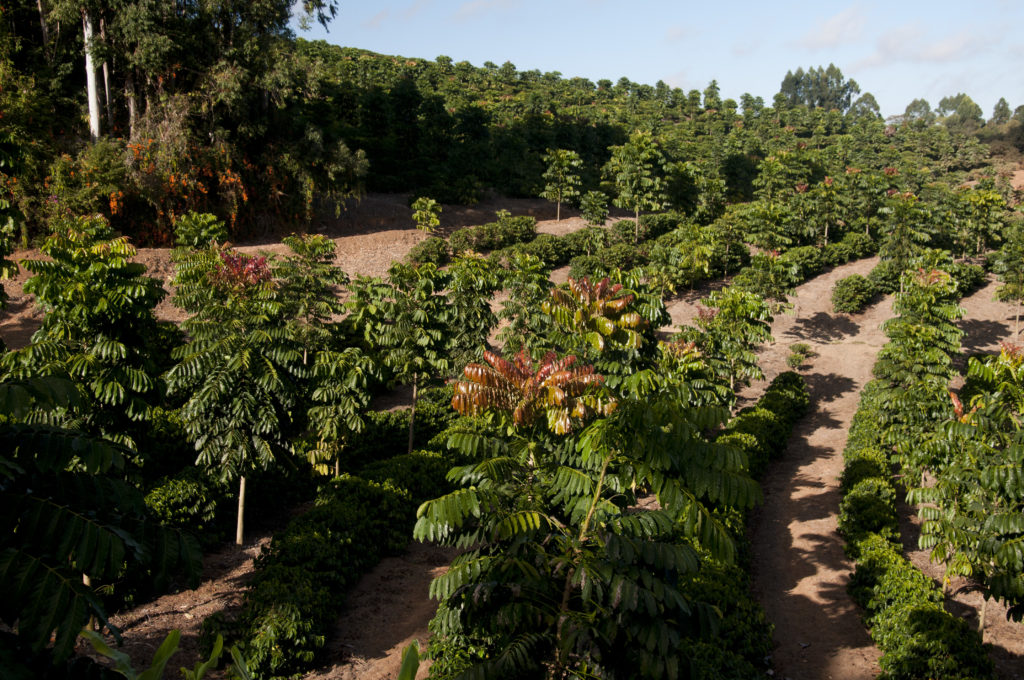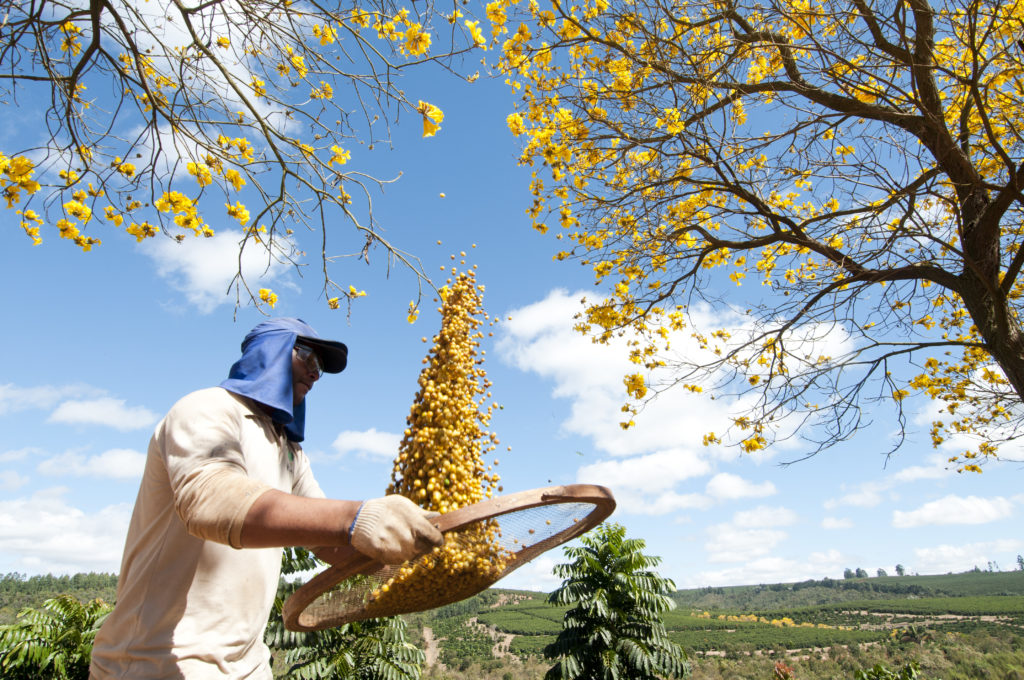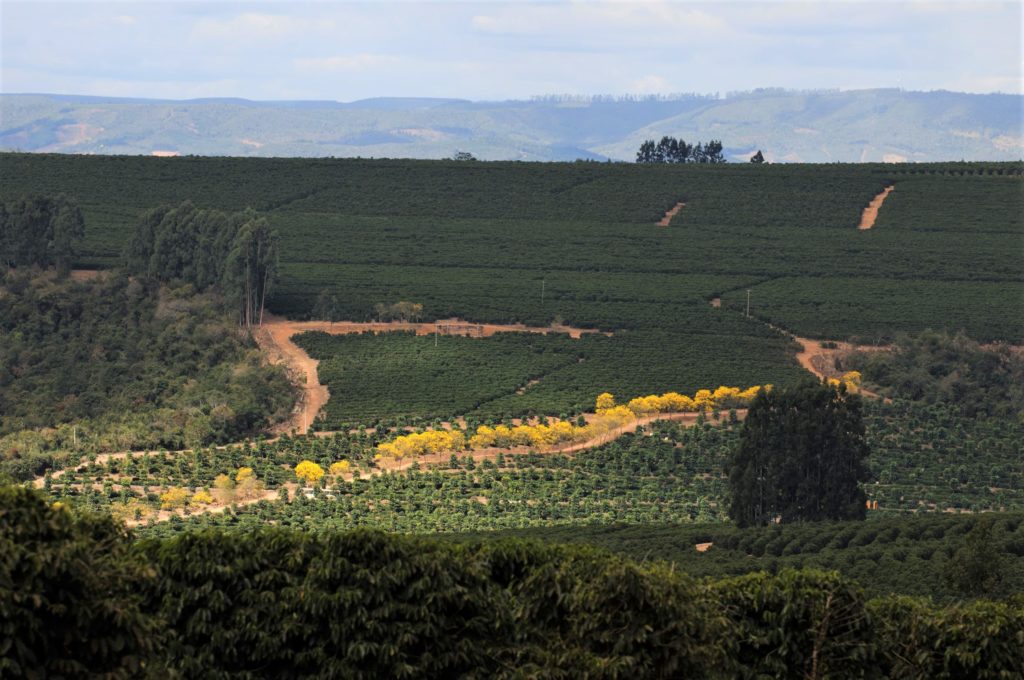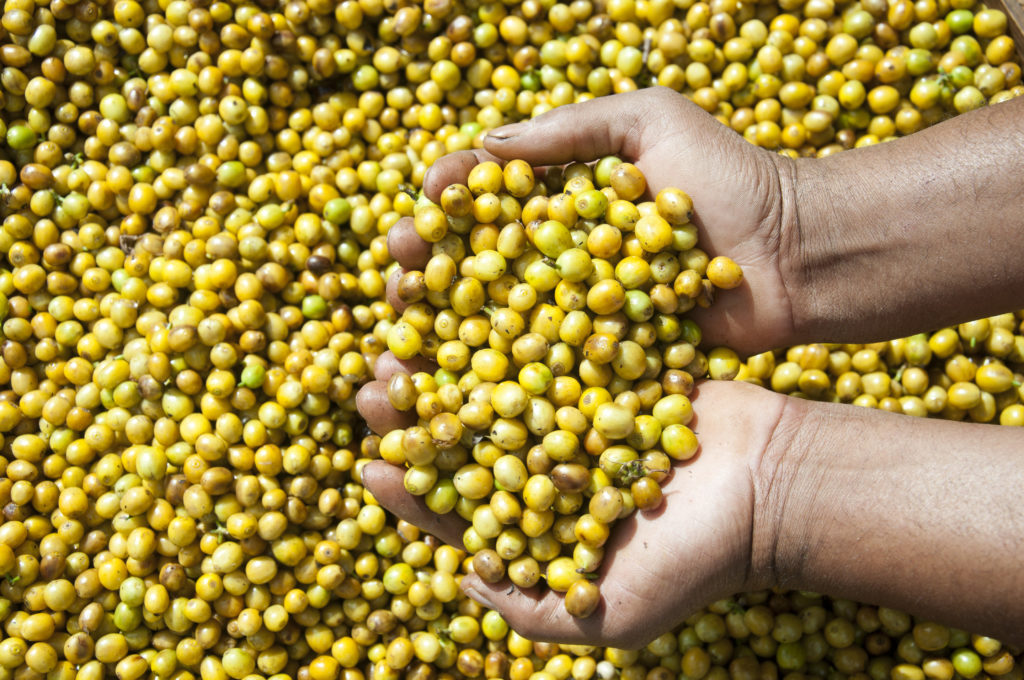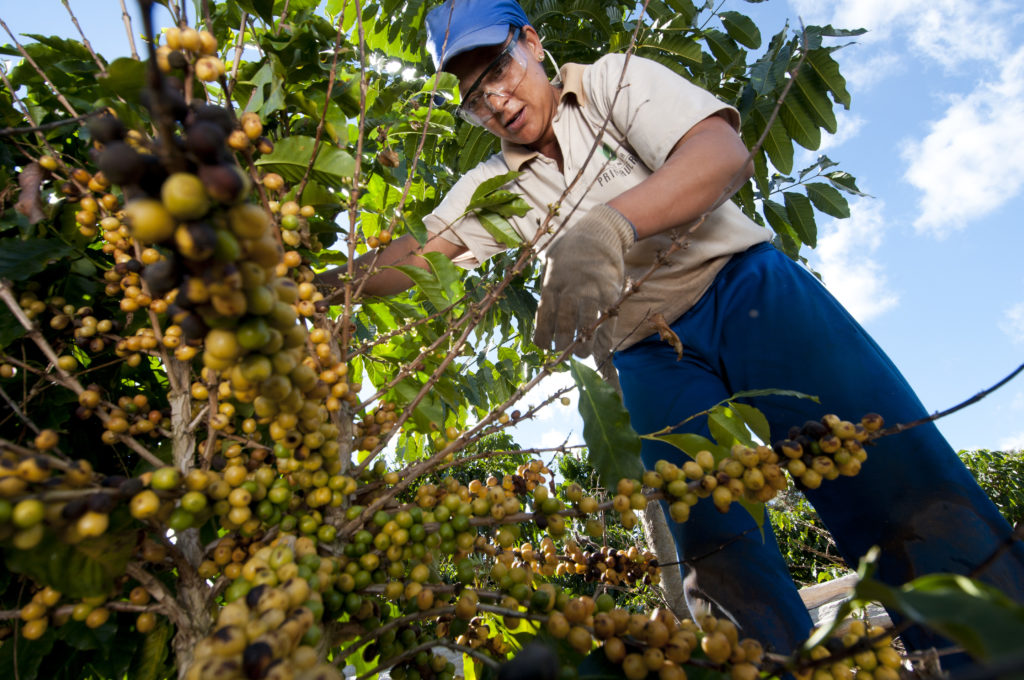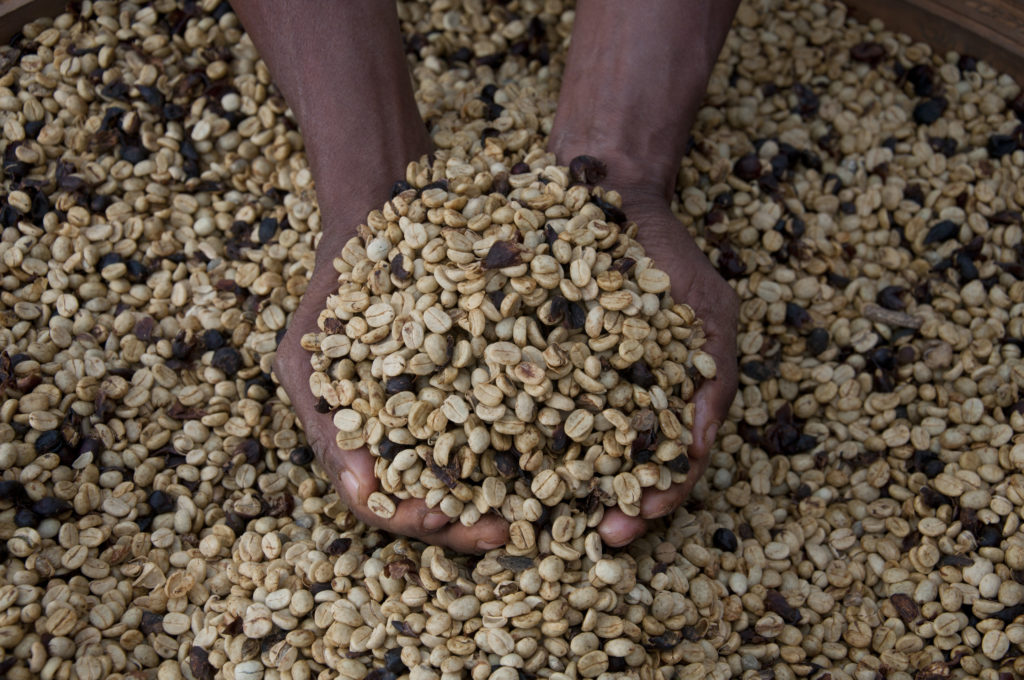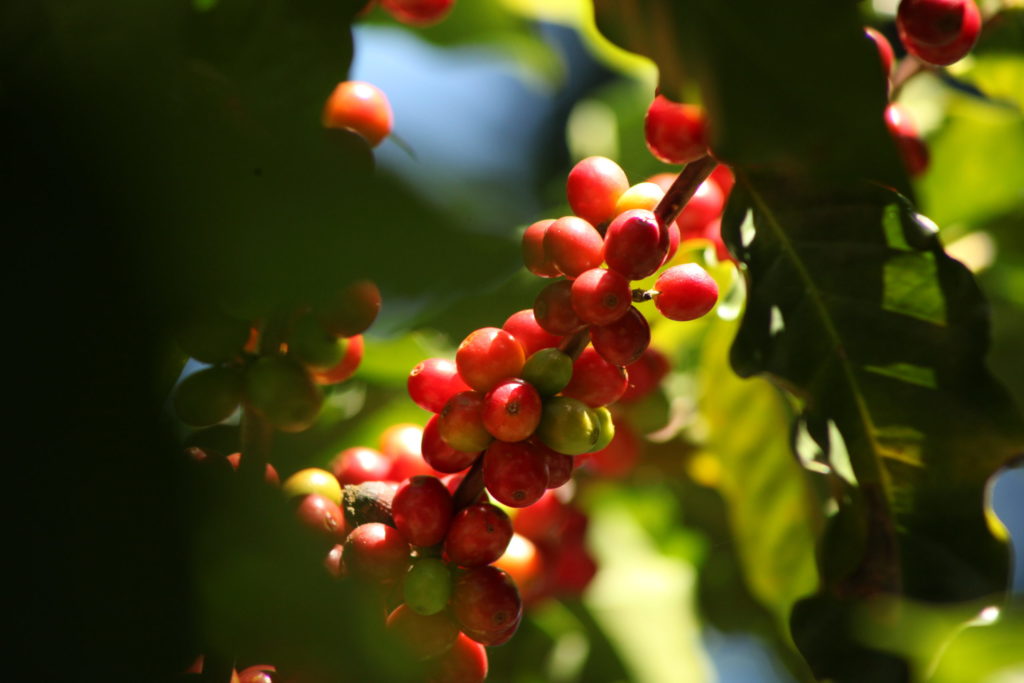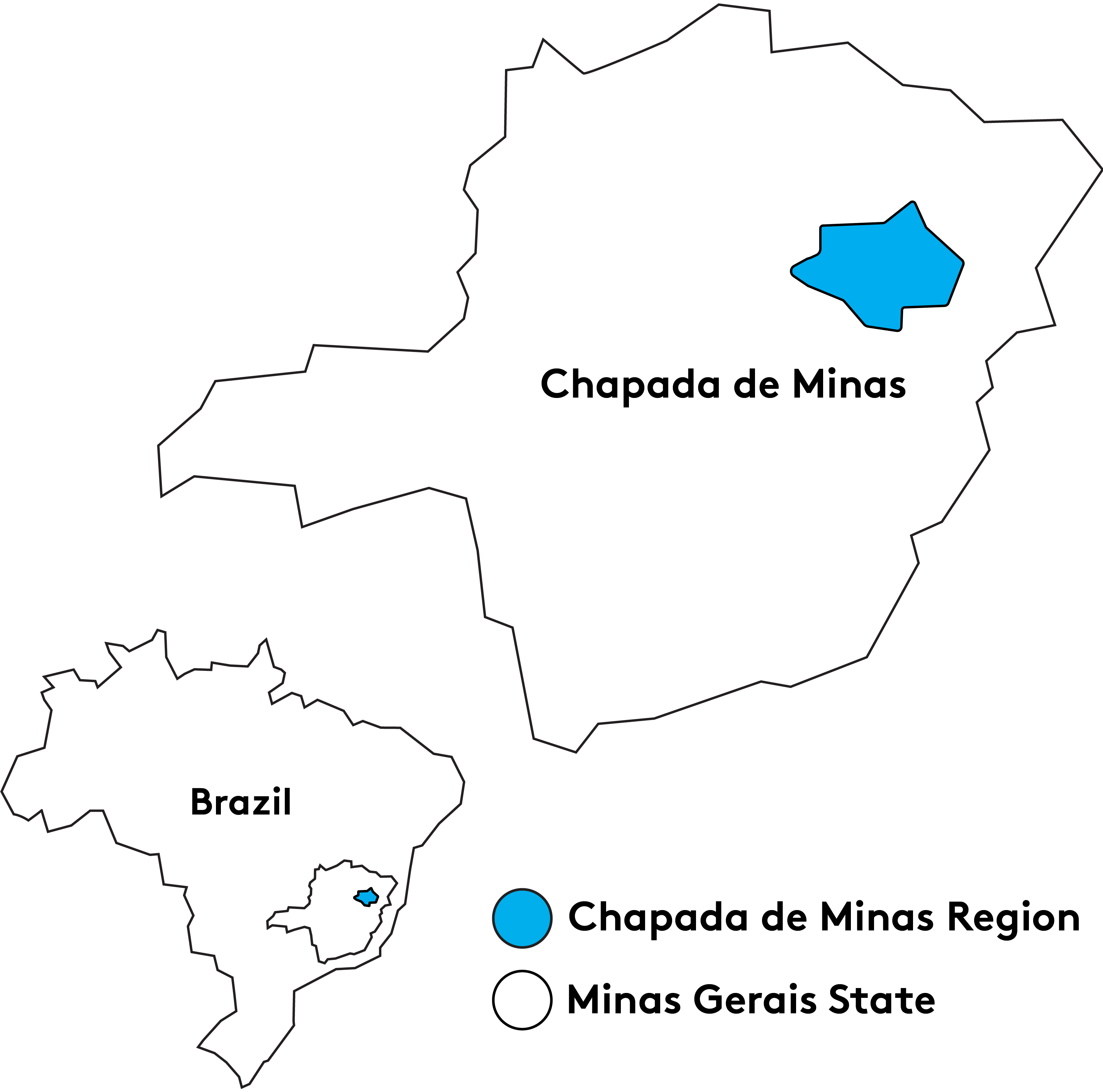Following his father’s footsteps, producer Ricardo Tavares has dedicated his life to the coffee industry. Ricardo’s father began in the roasted coffee business, delivering products to meet the demands of Brazil’s domestic coffee consumption. Ricardo began his own story in the world of coffee business at age 19, when he accompanied his father on a trip to northern Brazil. After returning from the rolling hills of coffee trees, Ricardo decided not to continue his career as an economist and, instead, dedicate himself entirely to the purchase and sale of coffee beans in the interior of Minas Gerais.
It was always Ricardo’s dream to own and operate coffee farms. Years after beginning work in coffee he acquired Fazenda Primavera, which is the ultimate fulfillment of that goal. The farm is planted with 980 hectares of coffee, focusing on specialty coffee production. It took much effort from Ricardo and the team at Primavera to transform the property following its long history of traditional coffee production dating back to the 1970s.
Fazenda Primavera is located in the municipality of Angelândia, Minas Gerais. The region sits at the transition between biomes, with land and vegetation characteristic of both the Atlantic forest and the Cerrado. The farm’s elevation, 1000–1050 meters, promotes the cultivation of specialty coffee and the climate provides favorable conditions with average temperatures between 20–24 °C annually and precipitation of 1,000–1,300 mm.
Fazenda Primavera has state-of-the-art installations including a 24,000 m² drying patio, 14 electric dryers, and equipment for processing Natural, Pulped Natural, Honey, and fully Washed coffees. The farm cultivates predominantly Red and Yellow Catuai and has been adding new varieties, including Topazio and Gesha.
Social and environmental sustainability have always been integral to the farm’s operations, and it is of great importance to Ricardo that production techniques minimize environmental damage. A power plant on the farm recycles water used in depulping to produce energy for the farm, and coffee pulp is composted for use as natural fertilizer. Primavera’s team conducts outreach to neighboring farmers to share knowledge and best practices, helping to move the region of Angelândia and Chapada de Minas forward, particularly through Instituto Café Solidario.
Coffee from Fazenda Primavera is vertically integrated from the soil and silos of Primavera through the transport, export, and arrival in US, EU, UK, and MENA warehouses. Fazenda Primavera is part of the same family of businesses as Ally Coffee, the Montesanto Tavares Group, meaning we know this coffee inside and out and can make annual adjustments to production and processing based on roaster and retailer feedback.
Primavera’s agility in responding to new agricultural research and technology and to new trends in consumer preference is one of its main assets. For example, microlots are dried on raised beds, coffee is intercropped with shade trees on specially selected plots of the property, Honey processing eliminates the use of water, and coffee is evaluated constantly to find the best cup profiles. Primavera continues to keep an eye to the future, striving to lead the way for Brazilian specialty coffee.
This lot of Arara coffee underwent Pulped Natural processing. Arara is a natural cross between Obatã and Yellow Catuai discovered in 1988 in the Parana region of Brazil by an agronomist named Francisco Barbosa Lima. The trees are productive and resistant to both drought and leaf rust, making the variety attractive from an agronomic perspective as well as presenting tasty characteristics in the cup.
